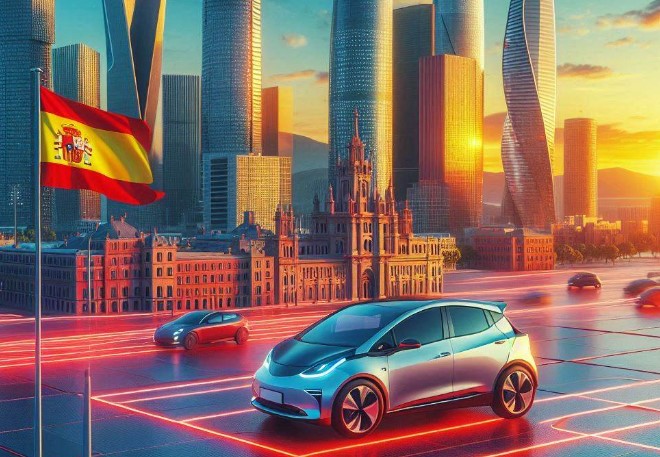Spain is the country least likely to promote the use of electric company cars compared to combustion vehicles among major European markets, according to a report by the European Association for Sustainable Transport (T&E).
The organization ranks Spain as the worst country among major European markets when it comes to tax benefits for corporate electric vehicles, with a tax differential of €3,200.
Germany ranks second in Europe, with a smaller tax differential of €8,718 between gasoline and electric models.
T&E argues that Europe urgently needs to revise its inadequate fiscal policy, as it is essential to curb the trend toward large and polluting SUVs in the European Union. Countries such as France, Portugal, and Slovenia have established greener tax systems that tax company vehicles based on their CO2 emissions and weight.
“Many European governments, especially in large countries like Germany, are pursuing car tax policies that harm the climate, jeopardize the future of our automotive industry, and provide even more benefits to wealthy drivers for polluting vehicles,” says Stef Cornelis, Director of Electric Fleets at T&E.
In Italy, however, the tax difference between a combustion engine model and an electric model is even greater, with the report estimating this difference at €14,744.
Portugal leads the ranking: T&E notes that only France, among major European markets, creates effective incentives for the purchase of electric company cars. The difference between the taxes companies pay for a gasoline car compared to an electric vehicle in that country is €24,395.
However, it is Portugal that is the southern European country with the best results in the T&E ranking, with €30,300.
Company cars account for 60% of all new cars in the European Union and therefore represent an important market for accelerating electrification. The five largest markets alone (Germany, France, Italy, Spain, and Poland) account for 71% of company car sales and 42% of all new car sales in the European Union.
Finally, the T&E Association calls for an increase in taxes on large gasoline models while opposing green tax reforms by manufacturers to promote electric vehicles in Europe.




